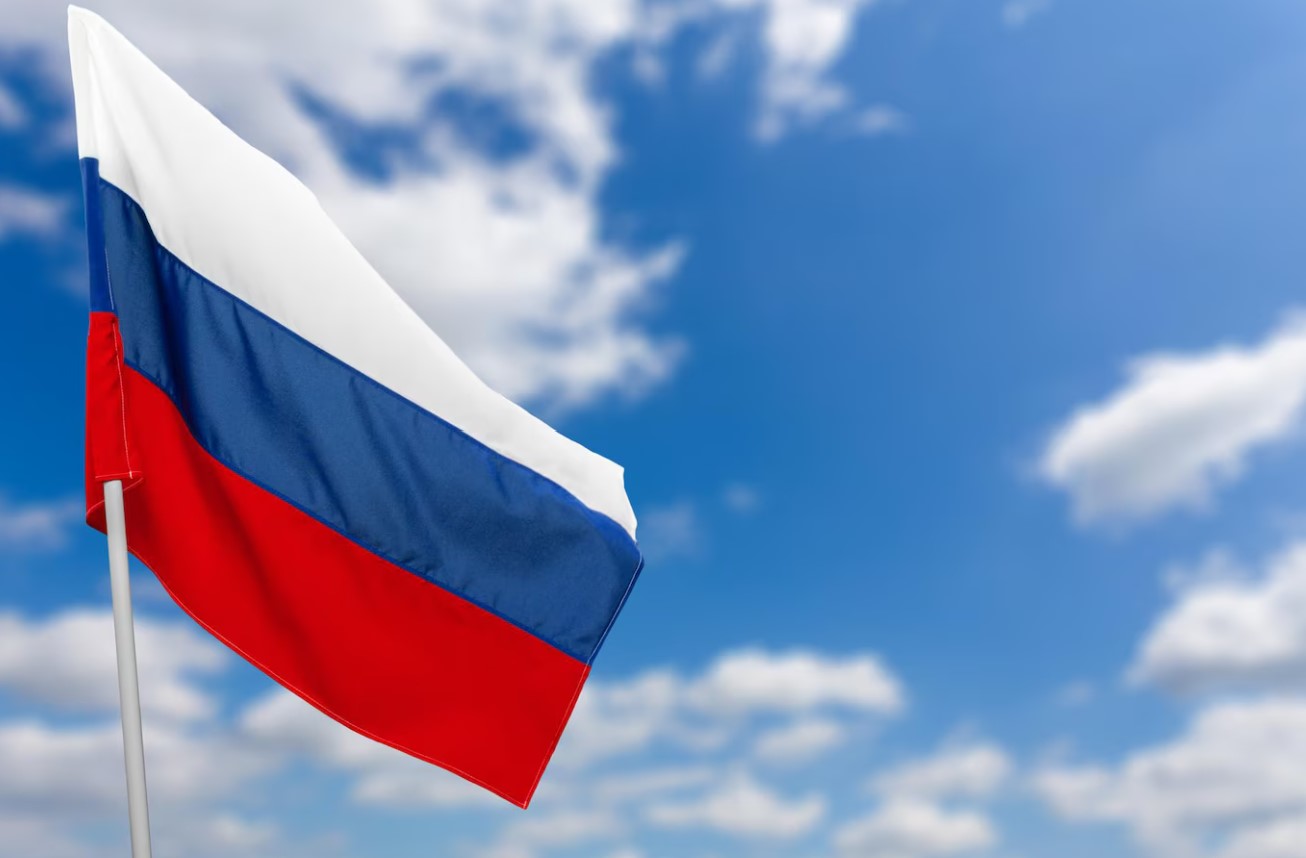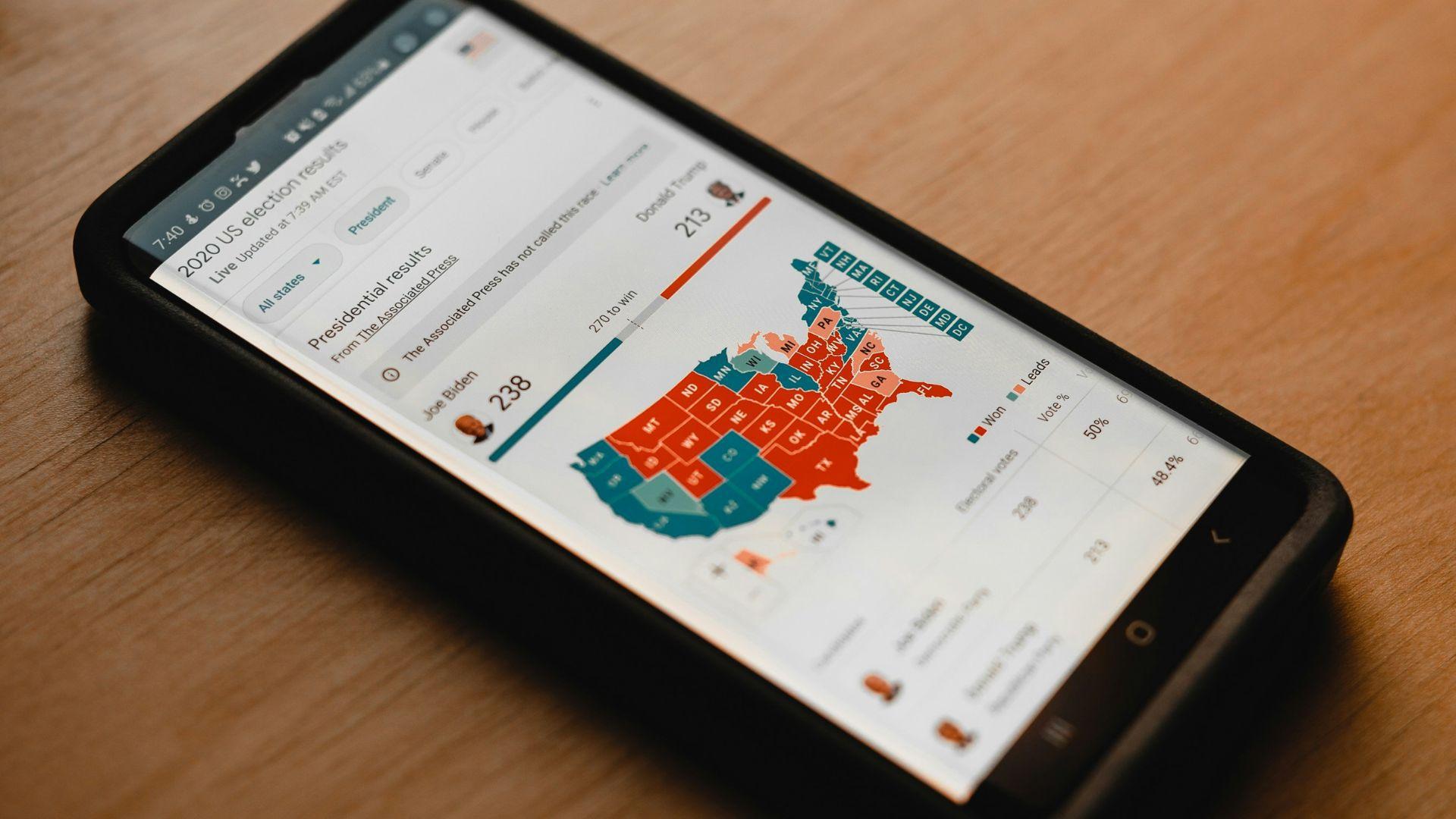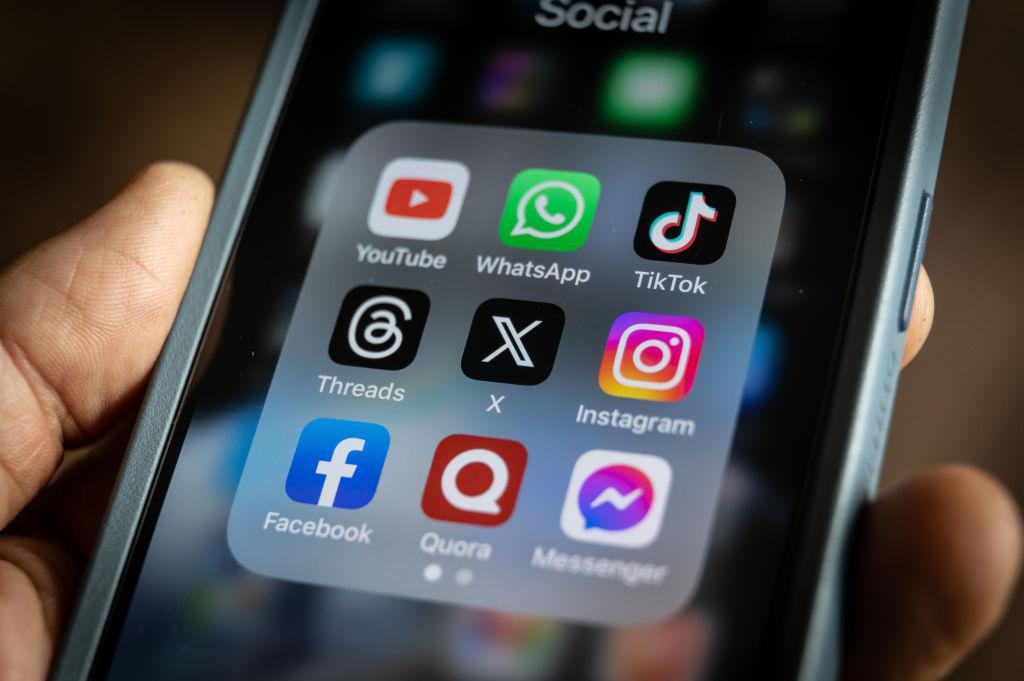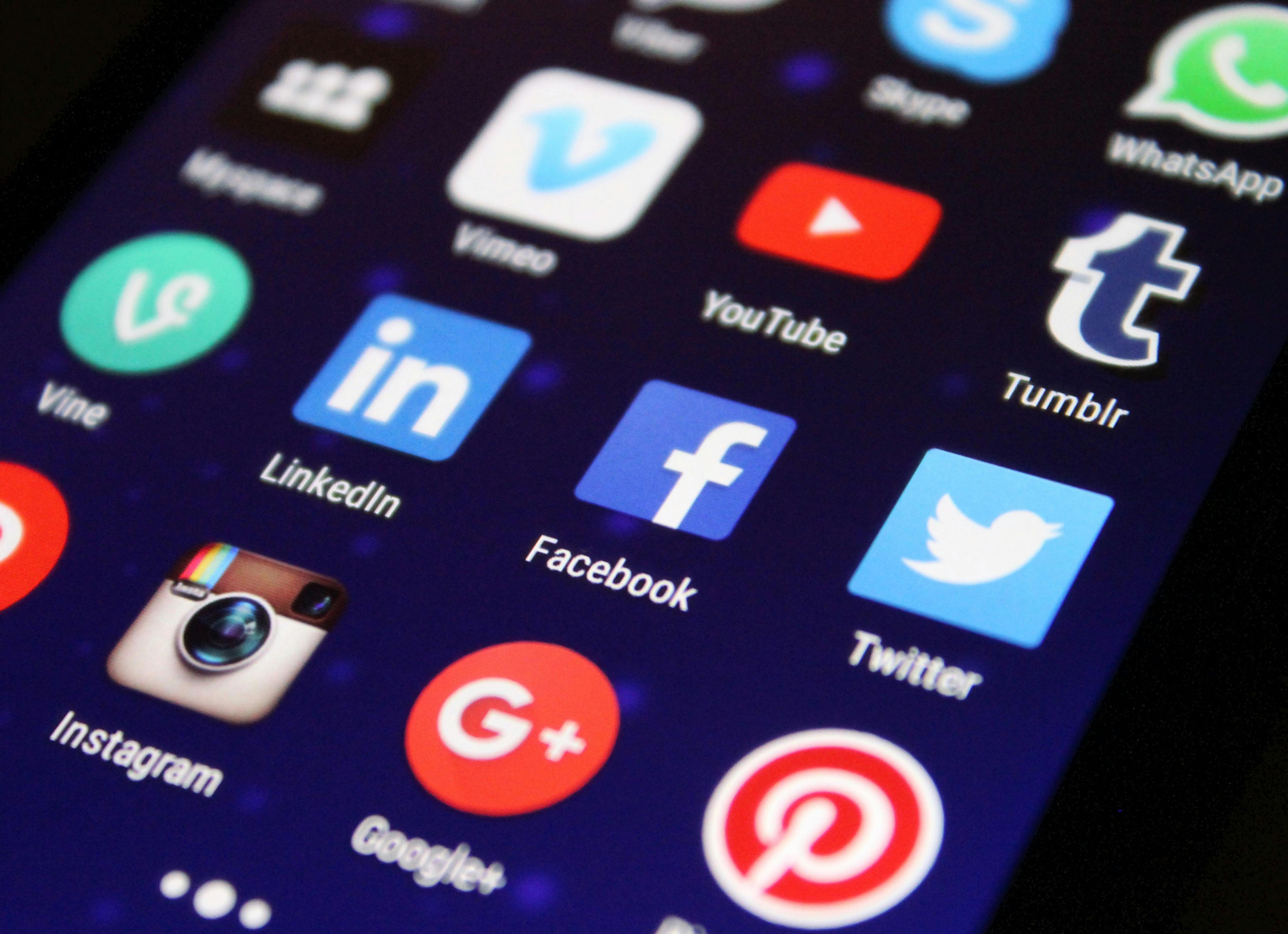Influencers Unknowingly Caught in Russian Propaganda Scheme Ahead of 2024 Election
Russia has once again been accused of interfering in U.S. elections, but this time with a new twist.
Federal officials say right-wing American influencers were unknowingly used in a covert Russian propaganda scheme ahead of the 2024 presidential election. Incidentally, two Russian media employees have been charged for their role in this deception.
Secret Funding and Big Influencers Involved
According to the Justice Department, RT employees funneled nearly $10 million into a Tennessee company to spread Kremlin propaganda through social media. High-profile conservative influencers, some of whom had millions of followers, were recruited without knowing the true source of the funding.

Source: Wikimedia
These influencers, including popular names like Tim Pool and Benny Johnson, had no idea they were part of a Russian operation.
The Tennessee Connection
The indictment revealed that the Russian state media broadcaster RT funneled money to a Tennessee company, Tenet Media.

Source: Wikimedia
Founded by conservative YouTuber Lauren Chen and her husband Liam Donovan, Tenet Media worked with RT staffers to recruit influencers. These influencers then created content without realizing they were amplifying Russian-backed messages.
Uncovering the Real Agenda
While the influencers believed they were simply promoting conservative viewpoints, the indictment suggests otherwise.

Source: fabrikasmif, Freepik
The content they created aligned with the Kremlin’s goals, such as weakening U.S. support for Ukraine. One request from RT involved creating a video falsely blaming Ukraine for a terrorist attack in Moscow—a clear attempt to push Russia’s narrative in the U.S.
An Ongoing Pattern of Election Interference
This is far from the first time Russia has attempted to interfere in U.S. elections.

Source: Clay Banks/Unsplash
Intelligence officials have long warned about foreign influence operations, and the charges against RT employees highlight that these efforts are only intensifying.
How It Happened Without Anyone Knowing
One of the most startling aspects of this operation is how easily it went undetected by the influencers involved. The indictment says Tenet Media’s founders concealed their Russian ties, claiming instead to be backed by a wealthy European banker.

Source: Freepik
By hiding their true funding source, RT was able to secretly influence millions of Americans through popular conservative voices.
A Lucrative Deal for Influencers
The money involved in this scheme was staggering. Some influencers were paid $400,000 a month, with a $100,000 signing bonus, for just four videos a week.

Source: Wikimedia
The financial backing helped the content reach massive audiences. One influencer’s videos alone amassed over 16 million views, unknowingly spreading Kremlin-backed messages far and wide.
Influencers Speak Out
After the Justice Department revealed the scheme, several influencers involved issued statements denying any knowledge of the Russian connections.

Source: Freepik
Tim Pool and David Rubin described themselves as victims, with Pool stating, “Should these allegations prove true, I was deceived.” The influencers maintain they had full editorial control over their content and were unaware of any outside influence.
How Russia Adapted Its Strategy
Russia’s methods of interference have evolved since its efforts in 2016. This time, instead of using fake personas, the Kremlin took a different approach: using real, well-known influencers with established followings.

Source: Matt Cardy/Getty Images
This allowed the operation to seem more legitimate, as the influencers brought their own trusting audiences into the fold.
The Role of RT in Election Interference
RT, Russia’s state-controlled media outlet, has been at the center of this operation. After its U.S. channel shut down following the invasion of Ukraine, RT found a new way to reach American audiences—through social media.

Source: Pixabay/Pexels
By funding influencers, RT was able to spread its message without a physical presence on U.S. airwaves, keeping its operations under the radar.
U.S. Government Responds
The U.S. government has not only charged the RT employees involved but also seized 32 internet domains linked to other Russian influence operations.

Source: Priscilla Du Preez/Unsplash
These efforts are part of a broader crackdown on foreign interference, especially as the U.S. prepares for the 2024 election.
What This Means for Future Elections
As the 2024 election nears, U.S. officials are increasingly concerned about the potential for more covert operations.

Source: Wikimedia
This particular Russian propaganda scheme serves as a reminder of the lengths foreign actors will go to sway U.S. public opinion—and the need for constant vigilance in the digital age.
